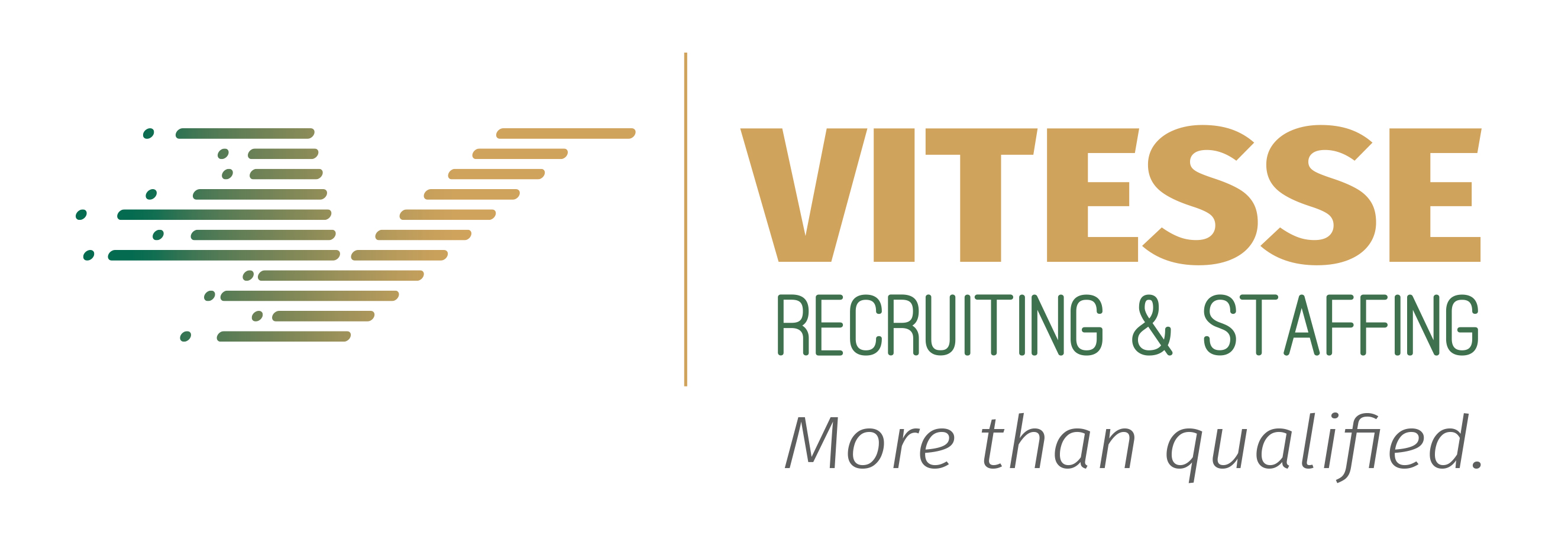Author: Kim Zastrow
Passive candidates are often considered the best type of job candidates, but why? It might be helpful if we define the two primary candidate types, active and passive, and this will help to uncover why you may want to pursue one versus the other.
Active candidate – one who is actively seeking a new job.
Passive candidate – one who is relatively happy in his or her current role and is not actively seeking out new employment.
Let’s imagine an active candidate named Fernando. He has just been notified by his company that in two months, he will no longer have a job, so he is actively looking for a new job. The problem is that we don’t know the real reasons why Fernando is looking for a job. Is his company downsizing? Or, has he missed his quota for the last year and the company is looking to move on?
Now, let’s imagine a passive candidate named Maggie. She has been at her job for three years. She is doing well and, for the most part, is pleased with the job. Her employer likes her, and she enjoys the job, but if something better came along, she might be interested. She looks at job openings on LinkedIn every couple of months, but she isn’t actively engaged in a search. Maggie is the definition of a passive candidate.
This isn’t to say that you can’t find good candidates in either the active or passive categories, but if someone is performing well in his or her current role, this is probably someone who could be beneficial for your company.
I’ve constructed the candidate profile*, but it perfectly matches an employee who is working for the competition. Am I out of luck?
Not at all! And, here’s why. No job is perfect. We might claim to “have the perfect job,” but that doesn’t mean there aren’t things we would like to see improved. And this is where your opportunity as a potential employer lies. However, this will require some investigation on your part. What’s important to this passive candidate? How could his or her career path be polished?
It’s not all about the money
As an employer, you may be uneasy about seeking a passive candidate because of concerns about having to top the individual’s current salary. True, good talent is worth paying for. However, there are more ways to incentivize a potential candidate without digging too deep into the pockets.
For example, is the employee a recent graduate with student loans? A legitimate incentive to come to work for your company might be an offer to match that individual’s pay with an additional offer to assist with those loans. Nothing warms the heart like being closer to debt-free!
What about the distance the employee currently travels to work? Is your company closer to their home? If not, what about offering to allow some work to be performed remotely, from the employee’s residence?
As our lives change, so do the priorities for our employment. For the young, recently-graduated person, the desire may be to finally put to work the knowledge acquired in school and now attain the real-world job skills. As an individual gets older and is perhaps starting a family, compensation and benefit packages will be top incentives in job choice. Finally, as a worker reaches his or her later years in life and has good financial stability, priorities are more likely to shift to preferences regarding type of employer and location of employment.
The Talk
So, you’ve lined up your game plan. You have a few ideas about how to entice this passive candidate to your company. How do you go about this? Do you just send an email and write something similar to the following?
Dear Maggie,
I’ve come to value how you’re handling your work with Company A. I appreciate that you (insert 2 or 3 characteristics) in caring for your workload. I’d like to discuss with you the potential to further your career with my Company B. Please contact me at your earliest convenience so that we might discuss these prospects over lunch.
Sincerely,
Bryce
Well, you could approach things this way. One thing to consider is this: are you sending this message through a monitored corporate email server? Maggie might be really interested in your offer yet feels hesitant to respond for fear that her boss may have seen the email. A little discretion in this matter may go a long way. Perhaps you might consider sending a physical letter (not using your company envelope) with your card included. Alternately, you may need to pick up the phone and reach out, or send a message through LinkedIn. Whatever method you choose, be mindful that your passive candidate could be negatively impacted if you don’t exercise discretion.
How does awareness of the circumstances of others benefit you?
Have you ever felt that you’re losing your drive with your business mission? Have the cutthroat methods of the competition caused you to question the way you’re doing business, or at the very least, diminished your positivity? In our next blog, we’ll share with you how I, the founder of Vitesse, went through similar circumstances but through those came to better understand the mission and vision of my work. We’ll take a look at that invaluable experience and how I now use that as a criterion in hiring recruiters for my business.
At VITESSE Recruiting and Staffing, Inc. we have been delivering engaged and well-suited candidates to adapt to the client’s need to grow along with challenges that they face. We seek to grow our job-seekers careers and support the client companies we work with by sharing our recruiting expertise and workplace knowledge. Find out how our award-winning recruiting and staffing team can benefit your business by visiting our website.
*See September 2017 blog for more details on how to do this.
